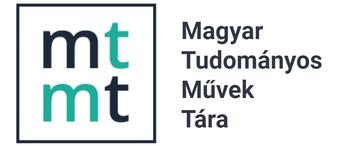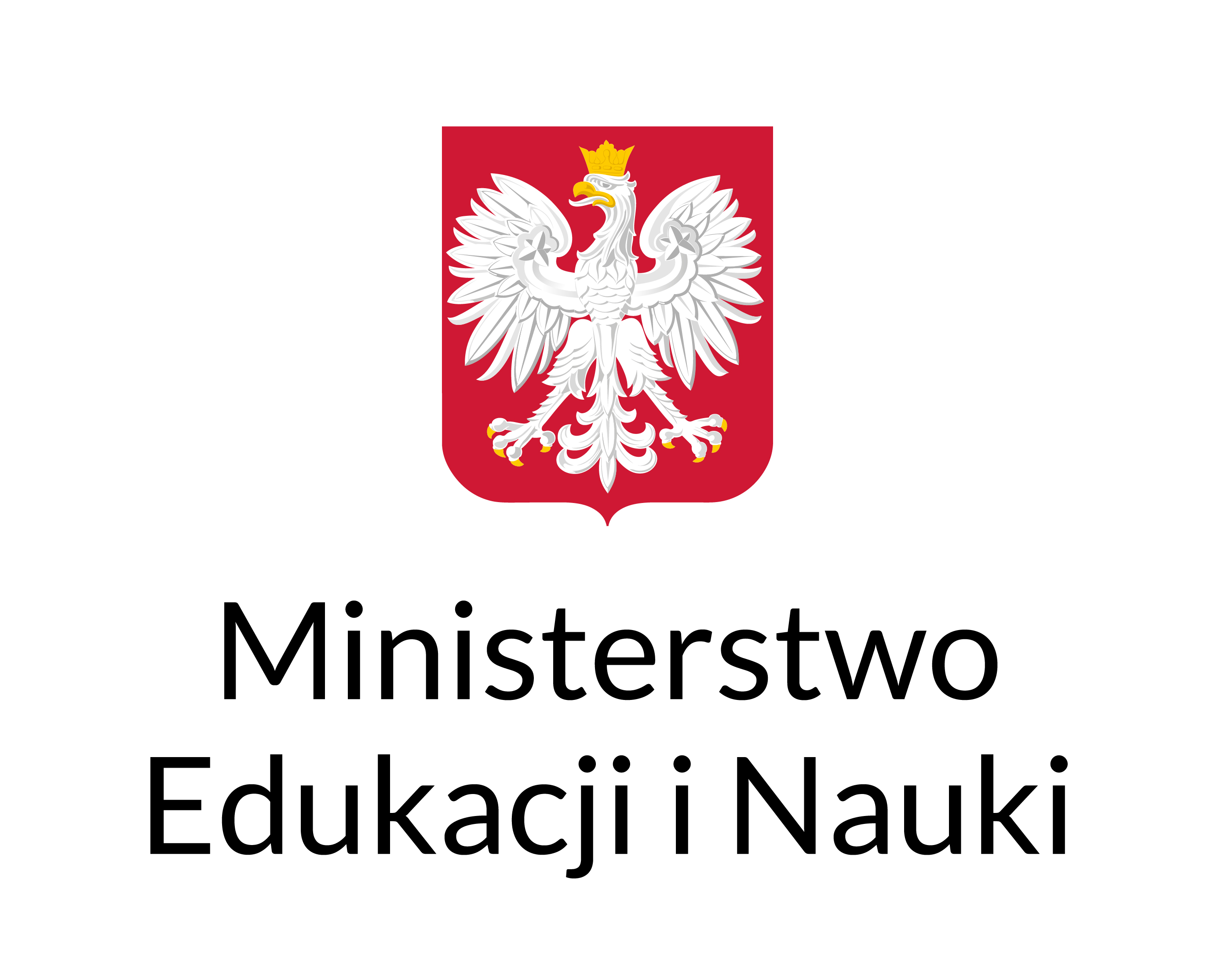Limited Liability Companies in Croatia
Abstract
This article aims to provide an overview of the main features of the limited liability company (hereinafter: LLC) in Croatia. LLCs are the most common company type in Croatian business practices. This is because of low amounts of minimum share capital, limited liability of shareholders, freedom of shareholders to regulate own internal relations and the LLC’s internal organization, which is regulated by the articles of association and holds fewer formalities to function. Interestingly, most LLCs are established as a single shareholder LLC, followed by two and three shareholders LLCs. This supports the finding that Croatian LLCs are often closely held companies, whose founders also act as directors and employees of the company. Since 2012, it is possible to form a simple LLC for a minimum share capital of 10 KN (cca. 1.32 EUR), and as of 2020, LLCs can even be established online. Thus, the simplicity and cost effectiveness to establish an LLC remain its primary advantage. Mandatory provisions that shareholders must respect are inter alia capital requirements and capital maintenance, formation, and competencies of the management board and shareholders’ meeting. The shareholders’ meeting is superordinate to other LLC bodies, allowing directors to be appointed and dismissed at any time. Shares are alienable and inheritable, but their transfer may be limited by the LLC’s articles of association. In certain cases, shareholders can be held personally liable for the LLC’s obligations (e.g., in the event of abuse of limited liability, partial payment of capital contributions, and the LLC’s dissolution without liquidation). Further specifics and current challenges of LLCs in Croatia will be analysed in detail.
References
Barbić, J. (2008) Pravo društava, Knjiga prva – opći dio. 3rd edn. Zagreb: Organizator.
Barbić, J. (2010) Pravo društava, Knjiga druga – društva kapitala, Sve zak II.: društvo s ograničenom odgovornošću, društvo za uzajamno osiguranje, kreditna unija, 5th edn. Zagreb: Organizator.
Croatian Bureau of Statistics (September 2019) Number and structure of business entities. Available at: https://www.dzs.hr/ (Accessed: 4 February 2020).
Čulinović-Herc, E. and Braut Filipović, M. (2017) ‘Corporate governance issues in closely held companies – conflicting interests between shareholders and managers with emphasis on Croatian law and practice, 4th International Multidisciplinary scientific conference on Social sciences and arts, 2, pp. 409–420.
Čulinović-Herc, E., Marinac Rumora, S. and Braut Filipović, M. (2018) ’Pravno uređenje odnosa članova u zatvorenim (closely held) društvima na primjeru hrvatskog društva s ograničenom odgovornošću, Zbornik Pravnog fakulteta Sveučilišta u Rijeci, 39 (1), pp. 45–86.
High Commercial Court of Croatia, 2003, Pž-1522/03.
High Commercial Court of Croatia, 2003, Pž-1760/02.
High Commercial Court of Croatia, 2003, Pž-636/03.
High Commercial Court of Croatia, 2004, Pž-6369/03.
Jurić, D. (2020) Pravo društava. 1st edn. Rijeka: Pravni fakultet Sveučilišta u Rijeci.
Marković, N. (2006) ‘Ovrha na dionicama, udjelima i poslovnim udjelima’, VII. Savjetovanje sudaca trgovačkih sudova Republike Hrvatske. Available at: https:// www.vtsrh.hr/uploads/Dokumenti/Savjetovanja/Strucni_radovi_sa_VII_savjetovanja_2006..pdf (Accessed: 6. 2. 2020).
Mihelčić, G. (2012) ‘Namirenje s naslova založnog prava na dionici – s posebnim osvrtom na dobrovoljno sudsko i javnobilježničko pravo na temelju sporazuma stranaka, Javni bilježnik, 36, pp. 5–22.
Miladin, P. (2008) ’Pravni položaj zalogoprimca poslovnih udjela u društvu s ograničenom odgovornošću’, Zbornik Pravnog fakulteta u Zagrebu, 58(1-2), pp. 509–536.
Slakoper, Z. (2009) Društvo s ograničenom odgovornošću u sudskoj praksi i pravnoj teoriji, 2nd edn. Zagreb: Organizator.












